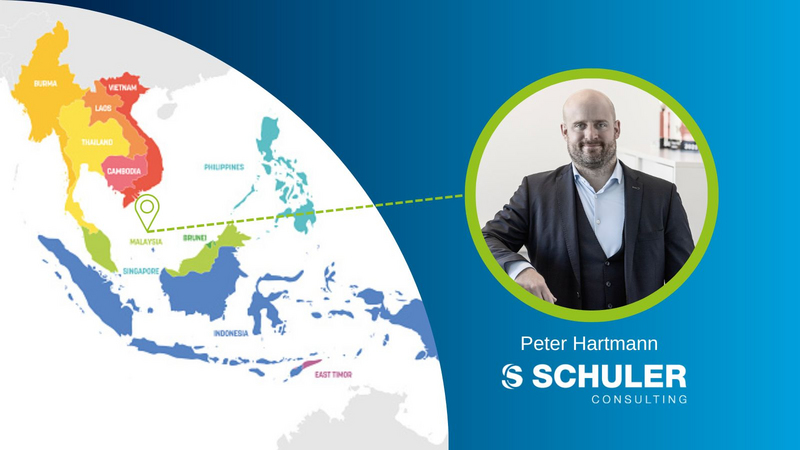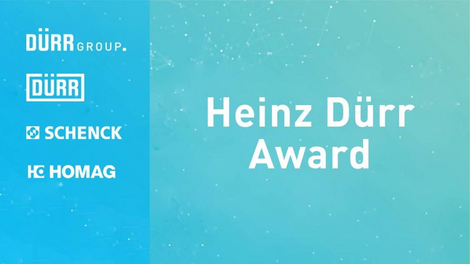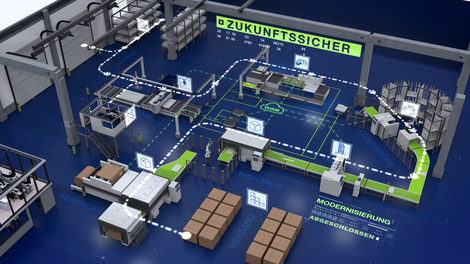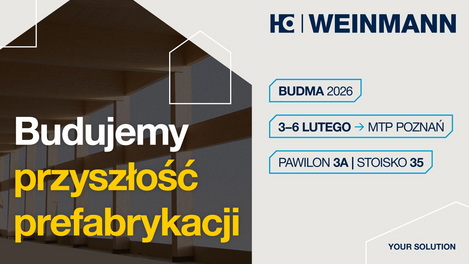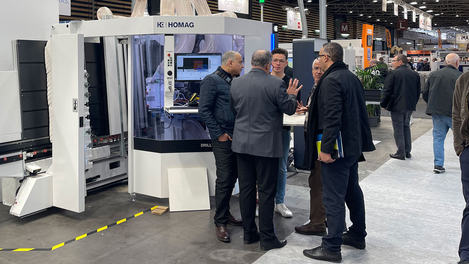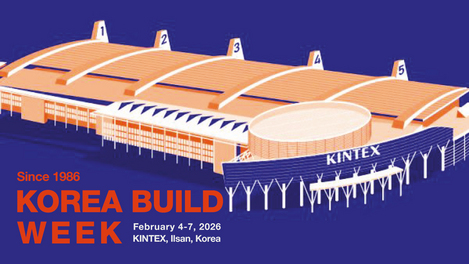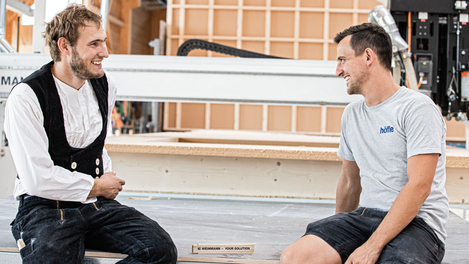Back in the Southeast Asian market
SCHULER Consulting resumes business in Malaysia with new consulting solutions
Declining orders, delivery bottlenecks, rising material and logistics costs - the list of current challenges in the Southeast Asian furniture industry is long. With innovative consulting services in the field of Industry 4.0, Peter Hartmann now wants to support the industry in overcoming these challenges. That is why the timber construction engineer and senior consultant moved to Malaysia this summer.
Peter Hartmann works for SCHULER Consulting in Europe and Southeast Asia. His focus is on strategic production development for solid wood products and their coating. He has also been supporting companies and investors in the timber construction industry in strategic production developments for several years. In these projects, he works with clients to realize their visions for economical and sustainable construction, which can be achieved through standardized, intelligent building principles. The focus is always on the entire value chain and the development of efficient, automated production concepts.
The Southeast Asian market for furniture manufacturers is primarily characterized by exports. This applies in particular to solid wood furniture, but also to panel furniture. In both areas, Schuler Consulting has been consolidating its own know-how in customer projects for many years and to date has led both small and large projects to success in almost all Asian countries. In the past Corona era, the consulting business faced many hurdles due to contact and travel restrictions. With the return of travel freedom, it is now time again to holistically dive into the project business on-site at the customer's location and contribute know-how and experience.
Tackling challenges head-on
The list of current challenges for the Southeast Asian wood and furniture industry continues to be long: declining orders, supply bottlenecks, rising material and logistics costs, and the shortage of skilled workers are currently affecting many local companies. With all these problems, good advice is often needed. At present, the industry is moving more in the direction of optimization, consolidation, cost savings and the creation of flexibility, instead of expanding as before. It is precisely in these areas that Peter Hartmann now wants to set the tone and focus on supporting companies during the crisis.
In order to successfully master these challenges, the same prerequisite as for digitization is necessary, among other things: transparency in the value chain! Why is transparency so important? In order to achieve targeted optimization and savings, it is necessary to know exactly where the shoe pinches, reports Hartmann "In many companies, day-to-day business usually takes place in such a way that production is controlled by grown processes, but it is often not transparent how the information flows, work plans and material flows behave. At the end of the day, everyone involved is just happy that the completion date and thus the shipment of the container is guaranteed," Hartmann continues. But how costs, throughput times and quality behave along the value chain is no longer known in many cases, he adds. But this is precisely where the potential for optimizing productivity, throughput times, costs and quality lies.
Ready for further growth
The Southeast Asian wood and furniture industry is characterized by a diverse collection of small, medium and large manufacturers. Due to global developments, including in China, the importance of Southeast Asia as a production location continues to grow. Peter Hartmann therefore sees great development potential for the future, not only on a qualitative but also on a quantitative level. Many companies are currently making the leap from artisanal to industrial production. In the process, both performance and quality targets must be achieved. "In this development, I want to support and advance companies. It is remarkable that Southeast Asian companies are very open and sympathetic to change and further development, and are quick to adapt and implement new technologies and working methods. In other parts of the world, people are not so positive about changes and developments, but are much more hesitant about them," says Peter Hartmann.
As market developments are very volatile, it is unfortunately becoming increasingly difficult to make forecasts for the future. No one can foresee which virus or which conflict will cause plans to go off track again. What is clear is that the furniture market in Southeast Asia continues to have a lot of potential and Schuler Consulting wants to help its customers make the best possible use of this potential. In 2023, the company is therefore planning to build up further consulting capacities in the Southeast Asian region. Encouragingly, after Corona, many trade fairs are lined up again in the second half of the year, such as VietnamWood, from October 18 to 21, 2022, where Peter Hartmann will be present at the HOMAG Asia trade fair stand and take the opportunity to make personal contacts.
In terms of content, Schuler Consulting will be focusing at VietnamWood on its range of consulting services from the field of Industry 4.0, specifically "Digital Value Stream Optimization". Developed, tested and advanced over the past two years, Schuler Consulting is currently expanding its sales activities worldwide for this consulting service - because the analysis tool for the subsequent value stream optimization
The digital value stream makes it possible to record and visualize the value stream automatically and securely with a plug-and-play solution. Schuler Consulting uses smartphones and Bluetooth transmitters ("beacons") for this purpose, which act as external sensors and can be used in any work area and on any machine. The smartphone sensors measure machine motion data (e.g. acceleration, vibration) and provide information on machining time and part performance. By positioning the beacons on the material stacks, dwell and transport times are continuously recorded. Production areas that were not previously digitized can also be connected to the sensor system.
The production data is enriched with data from existing systems such as MDE, BDE, ERP or MES data and flows together from all sources in a value stream dashboard. On this data basis redundant and cost-intensive processes can be identified and targeted optimization measures for the value stream can be initiated. Here SCHULER supports with know-how and experience in the field of Lean Management to achieve sustainable optimization.
No IT project is necessary for the use of Digital Value Stream Optimization. The hardware and software is based on a plug-and-play solution that can be rented as needed. All data and dashboards run in the cloud, so a large IT infrastructure is not required.
In the end, the collected data can not only be used for optimization, but the insights can be used directly for payment models, cost calculations, capacity planning, schedule commitments, etc. - which leads seamlessly into the topic of cost accounting. Here Schuler follows the "design to cost" approach to help manufacturers determine their actual production costs themselves. If production costs deviate from the prices called on the market, material efficiency can be increased through targeted technical product standardization. This optimization measure simplifies the manufacture of products, thus reducing lead times and ultimately manufacturing costs.
Timber construction engineer Peter Hartmann sees great potential in implementing the application of "Digital Value Stream Optimization" at manufacturers in the Southeast Asian region to help overcome current challenges through targeted optimization measures.

